Troy Baker, one of the most well known actors working in video games, believes generative AI could have a positive effect overall on performing arts. Baker thinks it'll cause a reaction whereby people will seek out "authentic" experiences more - live shows, live theatre - and turn away from "gruel that gets distilled to me through a black mirror".
Normální zobrazení
-
Eurogamer.net Latest Articles Feed

- Forza Horizon 5 PS5 port tops 5 million sales, securing $300m in additional sales for Xbox
-
Eurogamer.net Latest Articles Feed
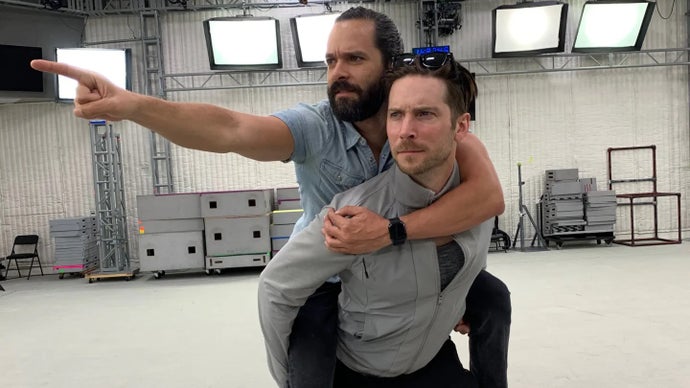
- "We don't need to demonise it" - actor Troy Baker believes gen-AI could drive people to seek out "authentic" experiences
The Last of Us season three to recast Manny
The upcoming third season of HBO's The Last of Us TV adaptation will feature a new actor playing WLF member Manny.
-
Eurogamer.net Latest Articles Feed

- Tencent's alleged Horizon rip-off is ironically back in the news as company agrees to halt promotion amid Sony lawsuit
-
Eurogamer.net Latest Articles Feed
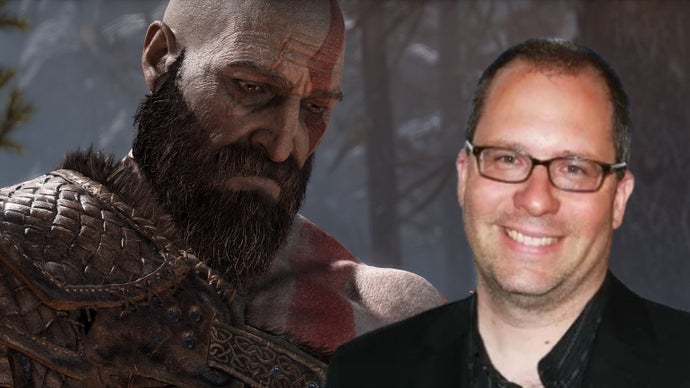
- Emmy winning Shōgun director joins Amazon's live-action God of War series
Emmy winning Shōgun director joins Amazon's live-action God of War series
-
Rock Paper Shotgun Latest Articles Feed
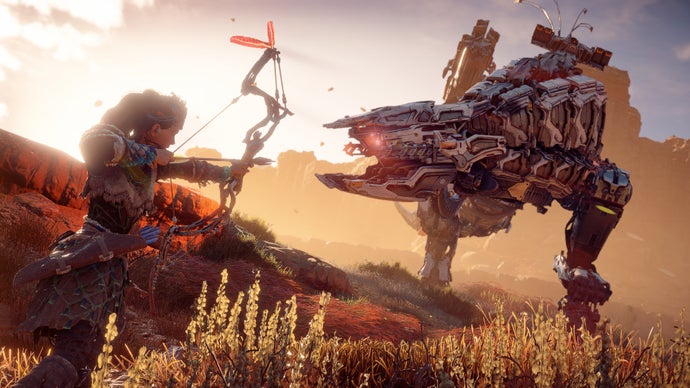
- Horizon was always thought about as a multiplayer game, says studio director, which speaks volumes about modern day Sony
Horizon was always thought about as a multiplayer game, says studio director, which speaks volumes about modern day Sony
I think Horizon Zero Dawn was much more of a turning point for Sony than most people really discuss. The argument for PlayStation used to be its exclusives, those tentpole games like Uncharted, Ratchet and Clank, LittleBigPlanet, the list does go on but you get the point. On the PS5, completely original first-party games feel few and far between, as Sony has joined in on the whole intellectual property above all else train that every other company has hopped aboard. So hearing Guerilla Games' studio director Jan-Bart van Beek say the Horizon series was always thought about as a multiplayer game feels like the last piece of the puzzle has been inserted.
-
Eurogamer.net Latest Articles Feed
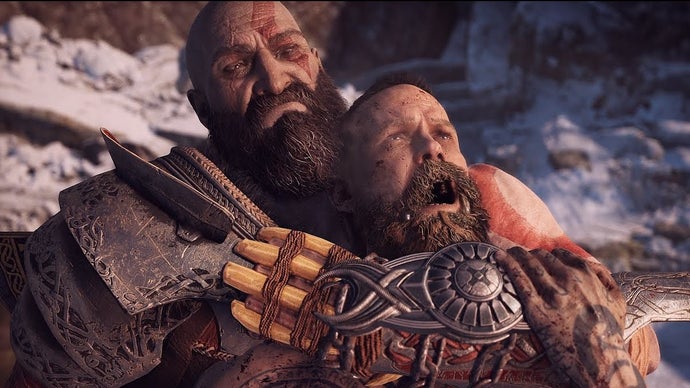
- Does this 2024 animated Indian film copy a scene from 2018's God of War? Take a look for yourself
Does this 2024 animated Indian film copy a scene from 2018's God of War? Take a look for yourself
It looks like an animated Indian film from last year has actually copied its action from Sony Santa Monica's 2018 God of War reboot.
-
Eurogamer.net Latest Articles Feed
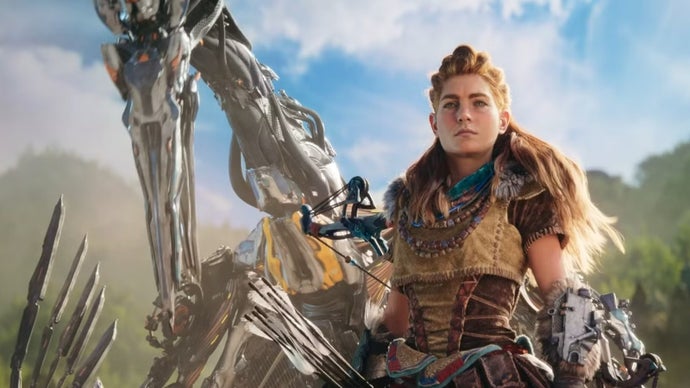
- PlayStation's Horizon series reportedly surpasses 40m sales, further cementing its position as one of Sony's best-selling franchises
PlayStation's Horizon series reportedly surpasses 40m sales, further cementing its position as one of Sony's best-selling franchises
It has been reported that PlayStation's Horizon series, which began in 2017 with Zero Dawn, has now passed 40m sales.

